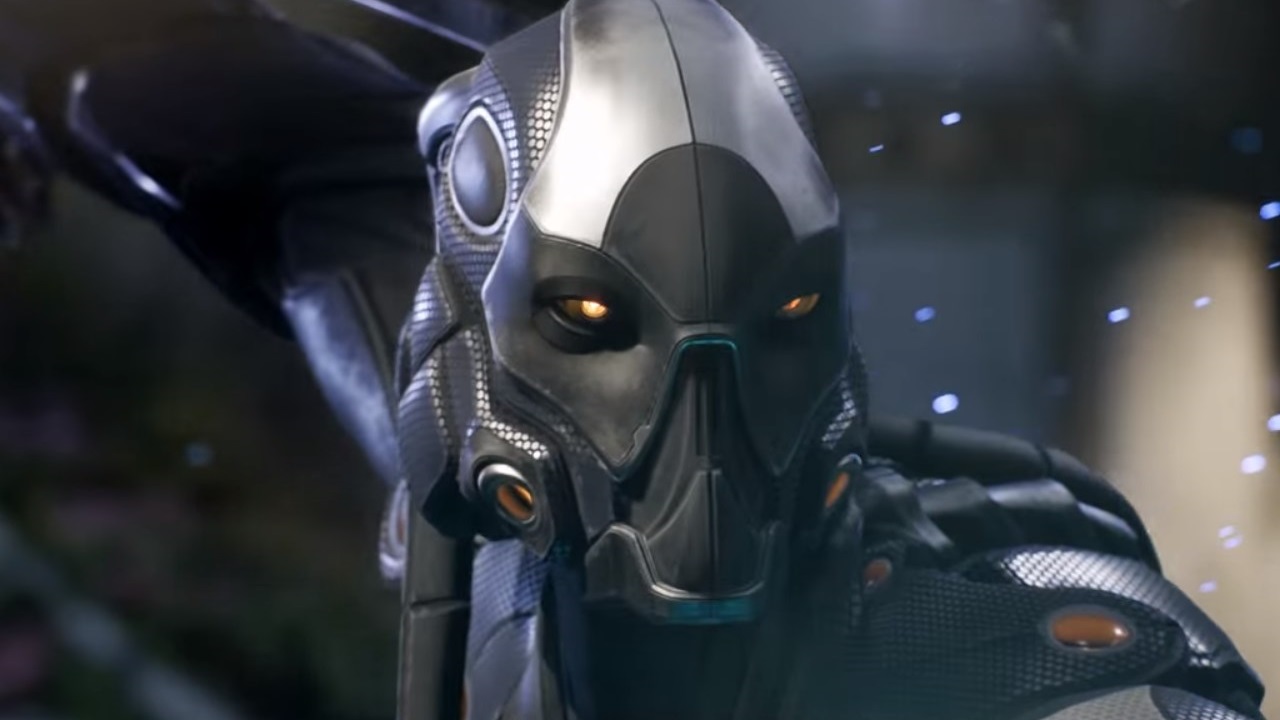
Paragon, Epic Games' action-oriented foray into the MOBA genre, is shutting down. First teased during PlayStation Experience 2015, it was released as a free-to-play, in-development title for PS4 and PC in March 2016. The game never managed to exit beta despite the addition of several new heroes and other major updates. On the game's official site, a statement from the Paragon team reads:
"It’s with heavy hearts we’ve decided to close down Paragon.
We truly appreciate everything you’ve put into Paragon. We received many passionate ideas for where to take the game; the outpouring of thoughtful suggestions is another testament to this incredible community.
After careful consideration, and many difficult internal debates, we feel there isn’t a clear path for us to grow Paragon into a MOBA that retains enough players to be sustainable.
We didn’t execute well enough to deliver on the promise of Paragon. We have failed you -- despite the team’s incredibly hard work -- and we’re sorry.
To try to make this right, Epic is offering a full refund to every Paragon player for every purchase on any platform. This refund will come directly from Epic rather than your platform provider."
The statement then provides instructions for how to request a refund.
Sign up to the GamesRadar+ Newsletter
Weekly digests, tales from the communities you love, and more
I don't know about you, but I find that statement quite sobering to read, and it illustrates just how risky an investment games have become. The risk on the development side is obvious: you never know if your product is going to be successful, and (as is the case here) it's possible you may never see it grow into the vision you planned for. But there are risks on the consumer side as well, the most obvious being monetary.
Epic is doing right by its consumers to give refunds, but there was always a chance it, or any other studio, wouldn't. And going forward, there will always be a chance that money spent could end up being money thrown down the drain. That's the nature of 'games as a service,' and it highlights why some are so skittish about getting involved with modern games.
Don't get me wrong - any game can be a risk, and to varying degrees, that's always been the case. Did you pick up that SNES game back in the day because your friend at school wouldn't stop talking about how cool it was, only to be letdown? Did you buy that PS2 game based on a review you read in a magazine, but found you vehemently disagreed with its assessment? Or maybe you didn't read any reviews or hear any word of mouth, but grabbed a game based purely on trailers and/or box art, only to find it was nothing like you imagined?
It's the extra layer of uncertainty that comes when games exist as a service - meaning that even if you love it one month, you may hate it the next, or in this case, it could be gone the next - that gives me pause. We already struggle with preserving games, but how do you preserve a game like Paragon? You don't really, and so players who loved it must now be content with the memories they made during the game's brief lifetime. There will be no 'I think I'll dust off my old copy' in the future for Paragon's community, and so it may feel like a gamble that simply didn't pay off. That, quite frankly, sucks.
And it doesn't just suck for those who loved the game - it sucks for every developer on the Paragon team who worked hard to make it a reality, every person who assumed they'd get around to it someday, and every believer who told their friends, 'Hey you should check this out'. Regardless of what you think about the game itself, Paragon's brief life should serve as a lesson on being careful about where you put your money and your time.
Epic's position that anyone who spent real-world cash on the game will be getting a refund is welcome and the right thing to do. But personally, I find that a bit of a hollow victory - I'd much rather there be one more game in the world for people to enjoy.
Sam is a former News Editor here at GamesRadar. His expert words have appeared on many of the web's well-known gaming sites, including Joystiq, Penny Arcade, Destructoid, and G4 Media, among others. Sam has a serious soft spot for MOBAs, MMOs, and emo music. Forever a farm boy, forever a '90s kid.



